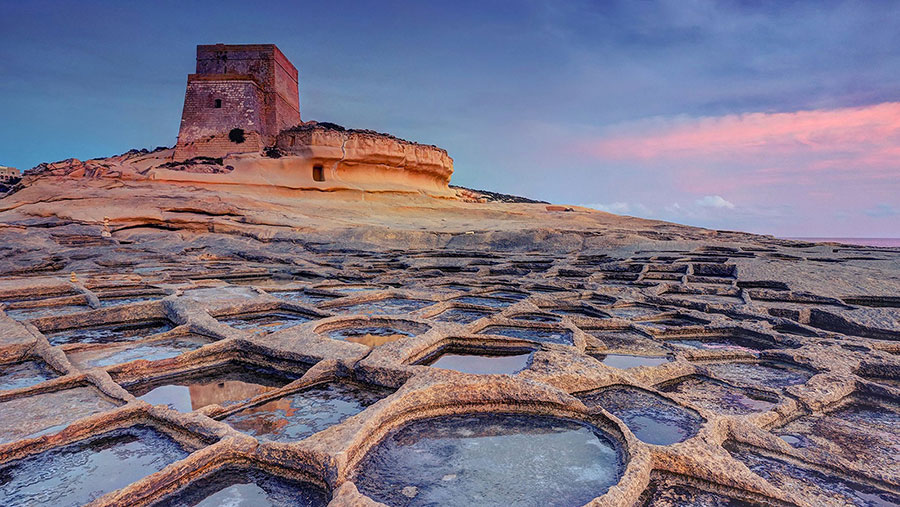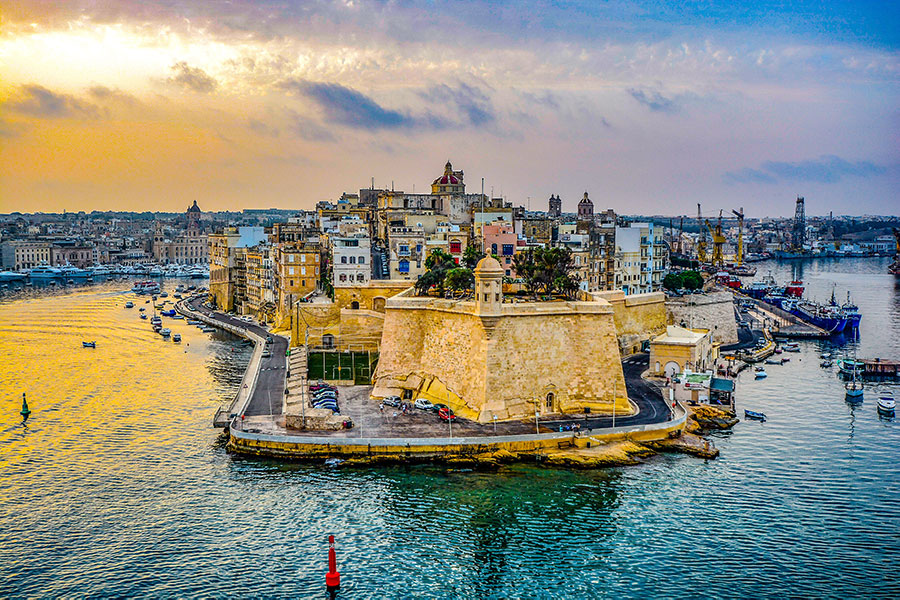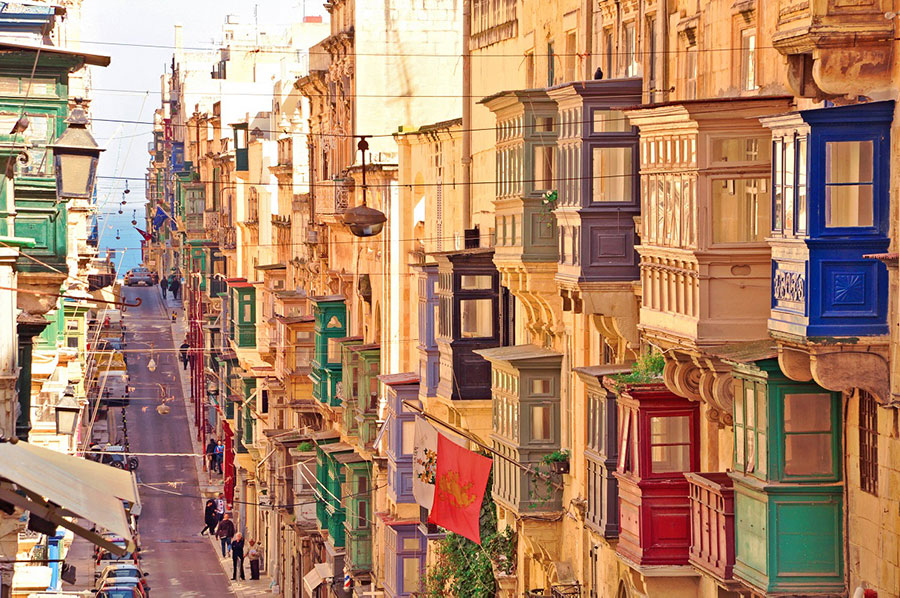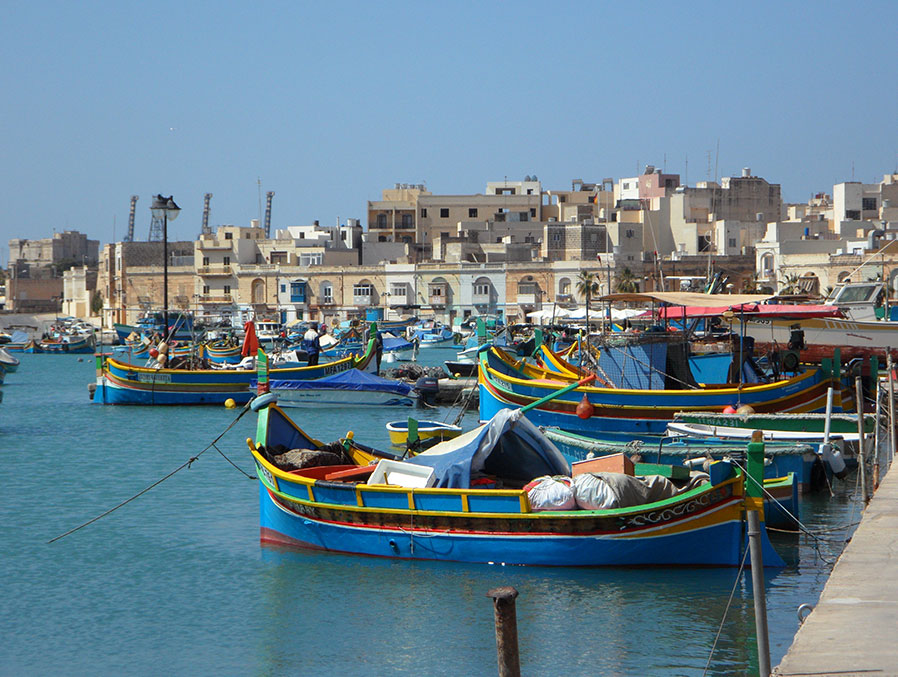
15 Jun Some thoughts on the Smart Way in Malta
The Smart Ways in Malta has been developed with the objective of serving as a starting point for the development of engaging, educational and inspiring cultural tourism visits of the Phoenician heritage, and related narratives, in the islands of Malta and Gozo.
The Smart Ways propose people interested students, academics, people of different demographic background and those with varying degrees of interest a series of routes through which, through the different sites, deposits and artefacts that are found in the islands, to access the heritage narratives of Phoenician as well as other related fields. The Smart Ways start from the Phoenician remains found on the islands and by focus on them one can get to know the wealth and wider narratives of the islands.
The Phoenicians reached Malta around 800 BC and stayed here officially till 218 BC, but one may say that culturally their influence has been going on for a longer time.
Very few remains of the Phoenician period remain but there was one important effect the Phoenicians had on Malta: with the Phoenicians, Malta passed from prehistory to history proper.
The most important Phoenician legacy in Malta is literacy: Malta became literate with the arrival of the Phoenicians who developed the first alphabet. It was through the Phoenician cippi ornamental pillars, one of which was sent by the Knights of the Order to St John to King Louis XVI of France as a present, that the Phoenician language was finally deciphered. It is also thought that the population in Malta spoke Phoenician for some 700 years, through the Roman period until the arrival of the Arabs.
Most of the Phoenician remains are the tombs found around the Rabat area in central Malta, all the way from Mtarfa to Għajn Qatet, as well at Tas-Silġ in the south and at Ras il-Wardija in Gozo.
While no Phoenician written accounts of their presence here survive, the quality and range of pottery remains found in Malta from sources across the Mediterranean, portray a vibrant trading centre. The variety of Smart Ways taking Phoenician heritage as a starting point and conduit through which to explore cultural tourism narratives may encourage and accompany visitors on many exciting passages through time and space.





